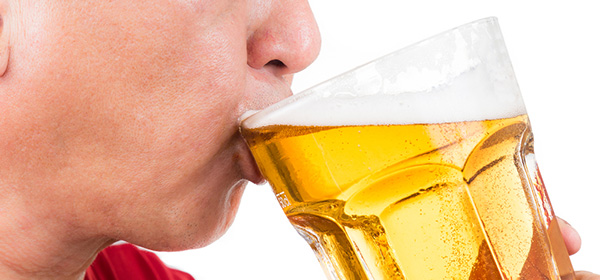New data shows that younger Australians are increasingly abstaining from risky drinking, whereas older Australians are, in later life, hitting the bottle harder.
And it’s more than the bottle to which older Aussies are turning. Consumption of cannabis and other drugs amongst older adults is also on the rise.
This is a disturbing trend particularly as older adults have a higher risk of experiencing alcohol-related harm. In order to tackle this issue, Peninsula Health’s Older Wiser Lifestyles (OWL) program has created a set of guidelines to aid health professionals in dealing with the risks and issues surrounding older Australians and alcoholism.
Older Aussies may be choosing the booze to help them cope with the loss of identity that can sometimes come with retirement. And, as many retirees have more free time and less responsibility, drinking becomes more of a ‘go to’ activity. Some older people drink to cope with grief, or because they are less inclined to engage socially due to health conditions, loneliness or isolation.
This is of significant concern since older adults are at an elevated risk of alcohol-related harm. The three main risk factors are:
- the body’s ability to metabolise alcohol decreases with age, making the effects of alcohol more potent, which can, in turn, lead to increased instances of falling or other injury
- older adults are more likely to be taking medication that could adversely interact with alcohol. A recent study showed that around 60 per cent of drinkers were taking at least one medicine that could do so
- older people are more inclined to have health conditions that can be worsened by the effects of alcohol, such as high blood pressure and heart disease.
For some older Australians, everyday drinking has been a part of their life that has gradually escalated with age. Other previously moderate drinkers have increased their alcohol intake with age.
The Government has published safe drinking guidelines that basically suggest that older people should drink less or should seek advice from a health professional about drinking limits and the associated risks of alcohol.
Most older adults are unlikely to seek advice from a health professional for alcoholism and even when they do, many health-care professionals are unsure of how to treat older people for their use of alcohol and other drugs.
This means that many health-care professionals may treat perceived symptoms of a medical condition, when in fact the problems are related to the use of alcohol or other drugs.
It is to be hoped that, along with the release of these new guidelines, health-care professionals can better identify older adults at risk of experiencing alcohol-related harm and provide them with appropriate advice and support.
Read Preventing and reducing alcohol- and other drug-related harm among older people
Read the safe drinking guidelines
Read more at The Conversation
Have you found that your drinking has increased with age? How do you keep your alcohol intake in check? Do you think that many perceived health issues may actually have more to do with drinking too much rather than actual health problems?
Related articles:

